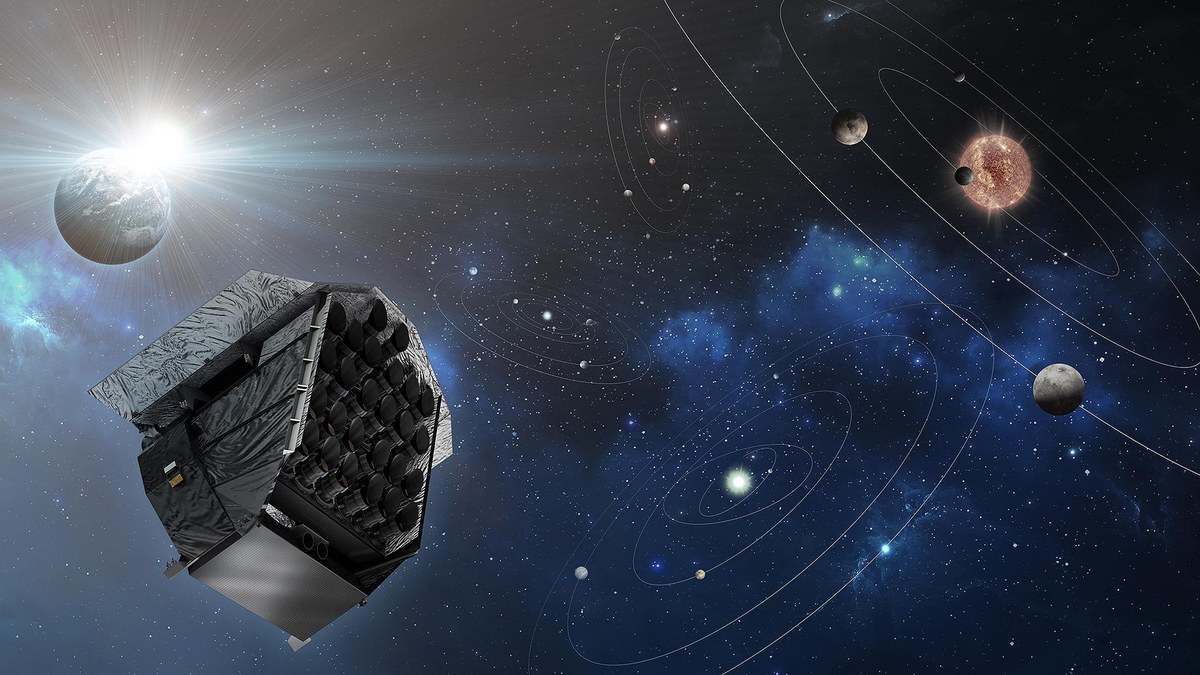
Space research
Space research is scientific study carried out in outer space, and by studying outer space. From the use of space technology to the observable universe, space research is a wide research field. Earth science, materials science, biology, medicine, and physics all apply to the space research environment. The term includes scientific payloads at any altitude from deep space to low Earth orbit, extended to include sounding rocket research in the upper atmosphere, and high-altitude balloons.
International co-operation
The early space researchers obtained an important international forum with the establishment of the Committee on Space Research (COSPAR) in 1958, which achieved an exchange of scientific information between east and west during the cold war, despite the military origin of the rocket technology underlying the research field.
Research fields
Space research includes the following fields of science:[4][5]
- Earth observations, using remote sensingtechniques to interpret optical and radar data from Earth observation satellites
- Geodesy, using gravitational perturbationsof satellite orbits
- Atmospheric sciences, aeronomyusing satellites, sounding rockets and high-altitude balloons
- Space physics, the in situstudy of space plasmas, e.g. aurorae, the ionosphere, the magnetosphere and space weather
- Planetology, using space probesto study objects in the planetary system
- Astronomy, using space telescopesand detectors that are not limited by looking through the atmosphere
- Materials sciences, taking advantage of the micro-g environmenton orbital platforms
- Life sciences, including human physiology, using the space radiationenvironment and weightlessness, also growing Plants in space
- Physics, using space as a laboratory for studies in fundamental physics.

Gravity and Extreme Magnetism Small Explorer[edit]
The NASA-led GEMS mission was scheduled to launch for November 2014.[8] The spacecraft would use an X-Ray telescope to measure the polarization of x-rays coming from black holes and neutron stars. It would research into remnants of supernovae, stars that have exploded. Few experiments have been conducted in X-Ray polarization since the 1970s, and scientists anticipated GEMS to break new ground. Understanding x-ray polarisation will improve scientists knowledge of black holes, in particular whether matter around a black hole is confined, to a flat-disk, a puffed disk, or a squirting jet. The GEMS project was cancelled in June 2012, projected to fail time and finance limits. The purpose of the GEMS mission continues to be relevant (as of 2019).

